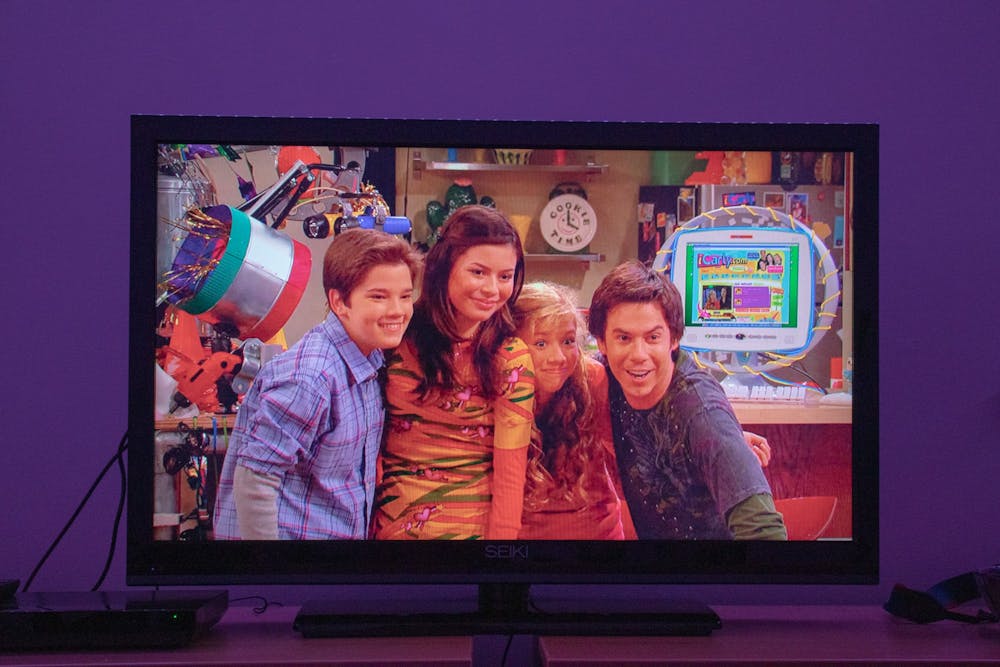With the recent announcement that "iCarly" is being rebooted, the hit Nickelodeon show is joining a slew of other franchises that have seen new life in recent years.
"Star Trek," "Jurassic World," the live-action "Avatar: The Last Airbender," to name just a few — it’s become a recurring theme for companies to look to the past and appeal to our nostalgic side when creating new content.
From a business perspective, this makes sense — it’s a relatively low-risk option, since the original content is already proven to be popular and lucrative. Furthermore, marketing will be much easier. The target audience will already be enamored with the original version of the show, so they will most likely check out the new one as well.
However, reboots are often met with lukewarm or even negative reactions from fans and critics alike. Whether it’s criticism of a new cast, changes in plot or other minor differences, the reboot usually fails to capture the same positive reception as the original.
The resurgence of "Avatar: The Last Airbender" last year when it was released on Netflix is a testament to the power of nostalgia. Even though "The Last Airbender" ran from 2005 to 2008, it quickly became the most popular show on Netflix in 2020 — a full 12 years after it last aired.
The original show might be one of the greatest cartoons ever produced with near-universal critical acclaim, which has led companies to try to capitalize on it by creating live-action reboots. The first was a movie made in 2010 directed by M. Night Shyamalan. However, Shyamalan’s adaptation was an absolute disaster that was universally panned by critics, audiences and fans alike.
A decade later, Netflix is now developing its own live-action adaptation of "The Last Airbender" that is already mired in trouble before filming has even started. The original creators of the animated series, Michael Dante DiMartino and Bryan Konietzko, both left the production of the live-action series last August after they accused Netflix of not honoring its promise to support their vision of the show.
Despite their departure, Netflix has persevered on with the live-action adaptation. However, one can’t help but think whether the show will meet the same fate as Shyamalan’s film, given that DiMartino and Konietzko weren’t involved in the production of that project either.
Instead of exploring new ideas or stories, Netflix is hellbent on rebooting "The Last Airbender" because of the immense popularity of the animated series, thus showing that nostalgia plays a huge role in determining what companies produce.



